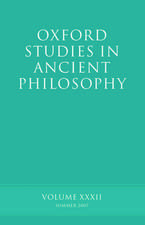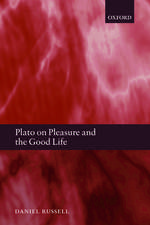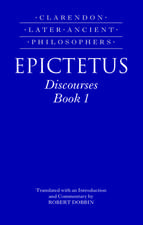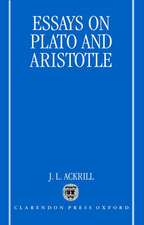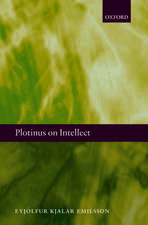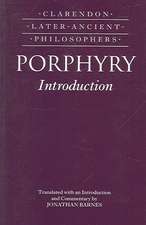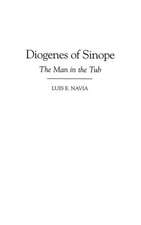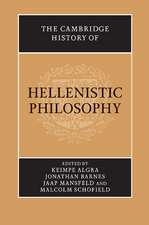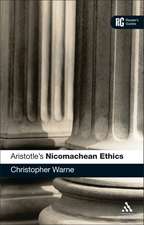The Ways of Aristotle: Studies in Vocational and Continuing Education, cartea 5
Autor Olav Eikelanden Limba Engleză Paperback – 15 mai 2008
Preț: 940.37 lei
Preț vechi: 1288.18 lei
-27% Nou
Puncte Express: 1411
Preț estimativ în valută:
179.94€ • 187.87$ • 148.92£
179.94€ • 187.87$ • 148.92£
Carte tipărită la comandă
Livrare economică 04-18 aprilie
Preluare comenzi: 021 569.72.76
Specificații
ISBN-13: 9783039114719
ISBN-10: 3039114719
Pagini: 560
Dimensiuni: 151 x 228 x 37 mm
Greutate: 0.79 kg
Ediția:Nouă
Editura: Peter Lang Gmbh, Internationaler Verlag Der W
Seria Studies in Vocational and Continuing Education
ISBN-10: 3039114719
Pagini: 560
Dimensiuni: 151 x 228 x 37 mm
Greutate: 0.79 kg
Ediția:Nouă
Editura: Peter Lang Gmbh, Internationaler Verlag Der W
Seria Studies in Vocational and Continuing Education
Notă biografică
The Author: Olav Eikeland is a philosopher who has been working in Norway as an action researcher and organisational researcher at the Work Research Institute (WRI) since the mid-1980s. He holds a Ph.D. in ancient philosophy. His special interests are the connections between ancient dialogical philosophy, current action research, and organisational learning.
Cuprins
Contents: Phrónêsis and Action Research ¿ Different Kinds of General Theory ¿ Earlier Attempts at Appropriating Phrónêsis ¿ The Ethical and Intellectual Virtues ¿ Different Ways of Knowing ¿ Phrónêsis and Rhetoric ¿ Means and Ends ¿ General and Particular Knowledge ¿ Developing Virtue (Excellence) ¿ The Significance and Insufficiency of Habit / Habitus ¿ Defining Virtue ¿ On Dialogue and Experience ¿ Deliberation or Definition ¿ Theoretical Wisdom as the Highest Practical Good ¿ Different Kinds of Theory, Different Kinds of Practice ¿ Methodological Guidelines for Autonomous Practitioners ¿ The Wisdom of the Commons ¿ Common Wisdom ¿ Theor-ethics and the Way of Theorethics ¿ Aristotelian Politics ¿ Neo-epistemic, Dialogical Action Research ¿ Transformations of Modern Work Life ¿ Aristotle Suspended.

















